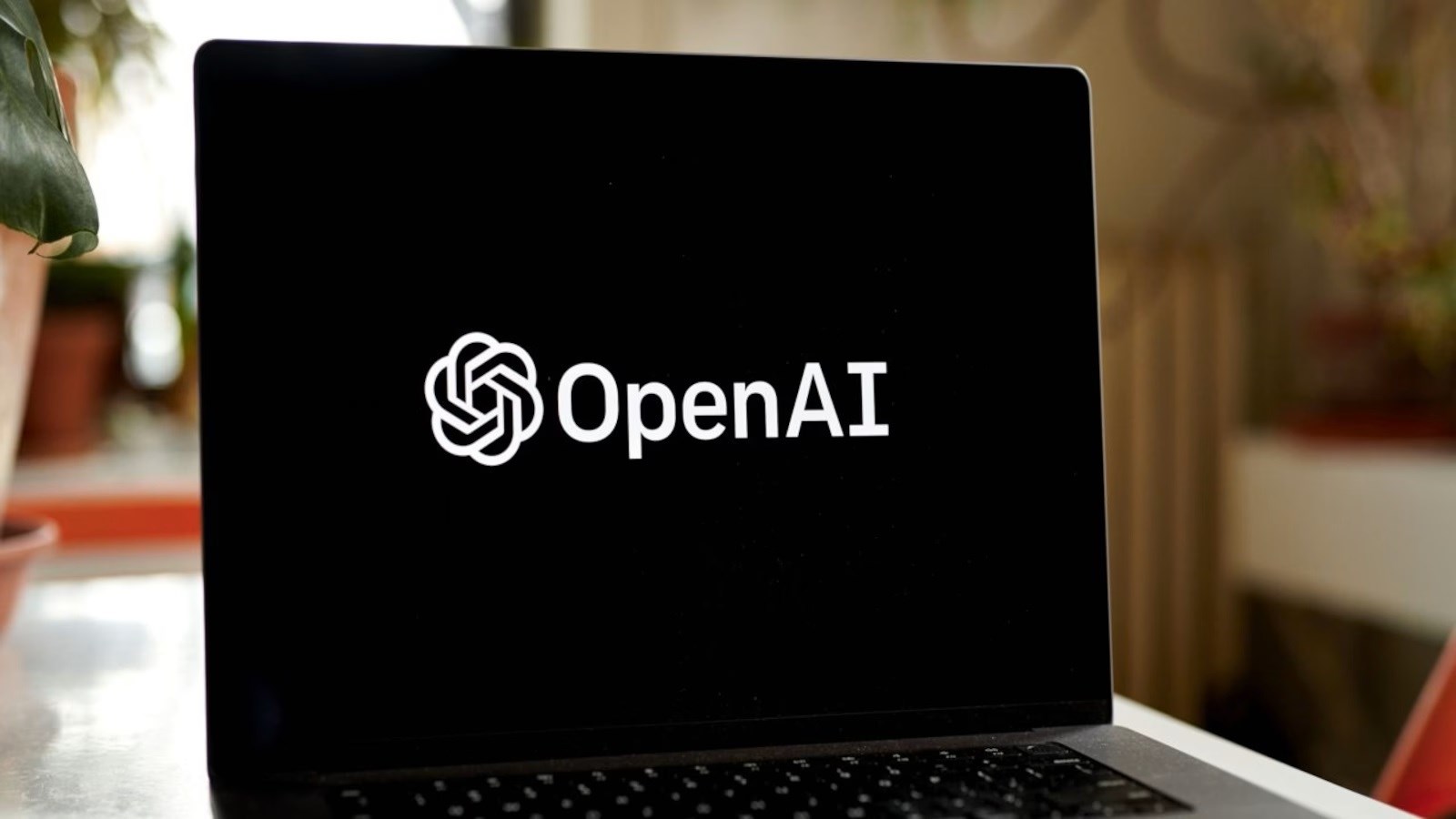 ChatGPT, which was initially viewed with skepticism due to concerns about cheating, is now being evaluated for integration into classrooms. OpenAI, a Microsoft-backed company, seems to have realized ChatGPT’s potential in education and is working to leverage its capabilities for education.
ChatGPT, which was initially viewed with skepticism due to concerns about cheating, is now being evaluated for integration into classrooms. OpenAI, a Microsoft-backed company, seems to have realized ChatGPT’s potential in education and is working to leverage its capabilities for education.Known for producing human-like responses, ChatGPT was seen as a threat to academic integrity. Teachers were initially concerned about the possibility of students using it to cheat. However, the perspective on ChatGPT has changed as educators began to see the potential benefits of AI in improving teaching methods and students’ education.
Serious benefits can be achieved
The proposed use of ChatGPT in education opens up a world of possibilities. It can serve as a personalized tutor offering tailored support to students with different learning styles. For teachers, it can be a valuable aid in helping develop curriculum and bringing creative elements into the classroom, such as producing historical narratives or scientific explanations.
One of the key benefits of ChatGPT is its non-judgmental nature, which encourages students to ask questions without fear of embarrassment. This capability can significantly increase classroom engagement, especially for students who are hesitant to participate in traditional settings.
However, integrating ChatGPT into schools is not without its challenges. Privacy concerns, especially for minors, need to be carefully considered. OpenAI’s attempts to engage educators and inform them about ChatGPT’s capabilities and potential risks are steps in the right direction. Additionally, partnerships with education-focused organizations like Khan Academy and Schmidt Futures demonstrate OpenAI’s commitment to making AI a valuable educational tool, especially in underserved communities.